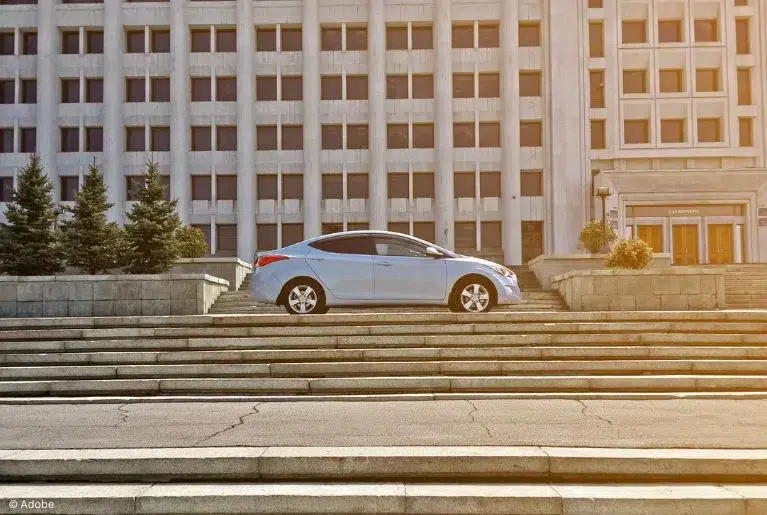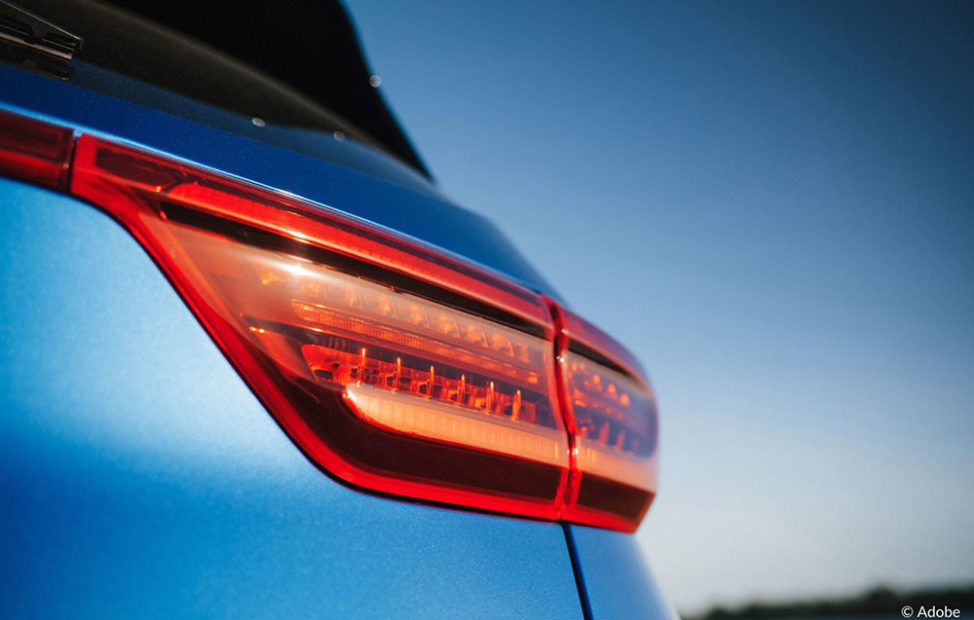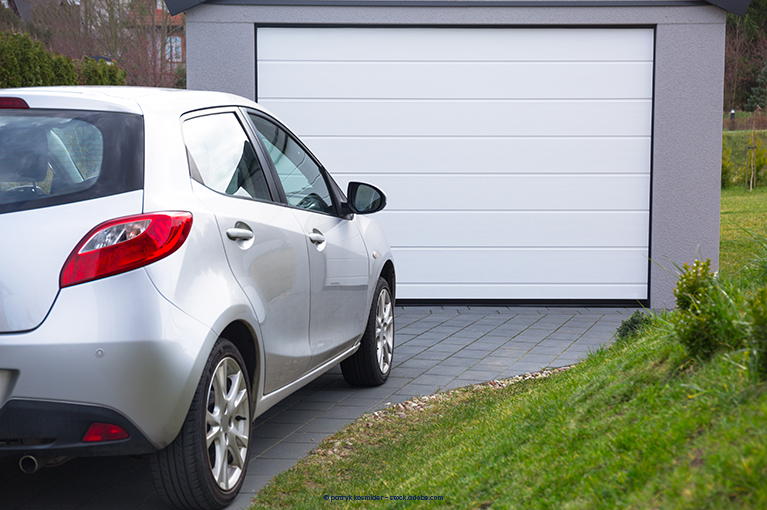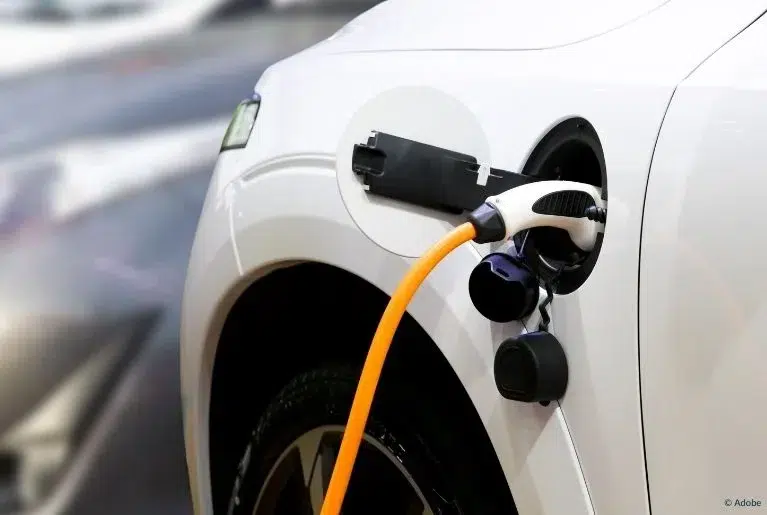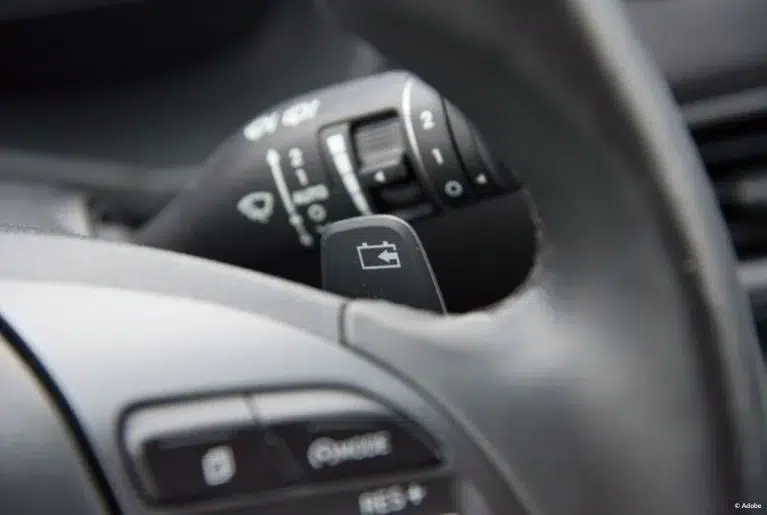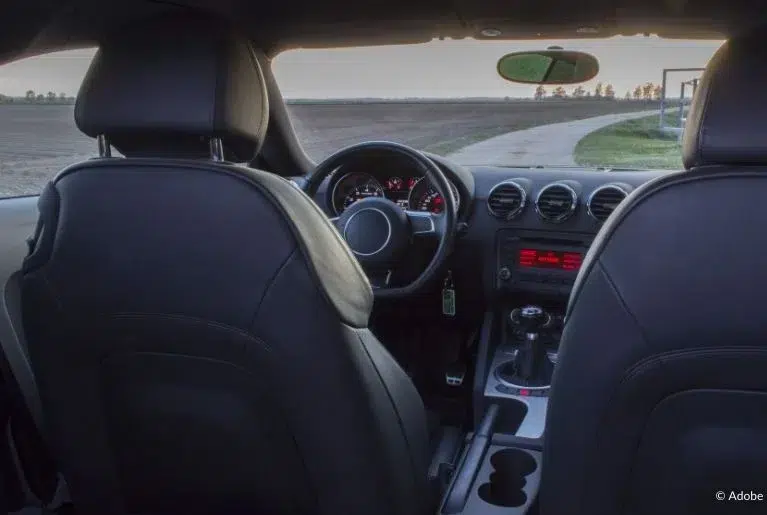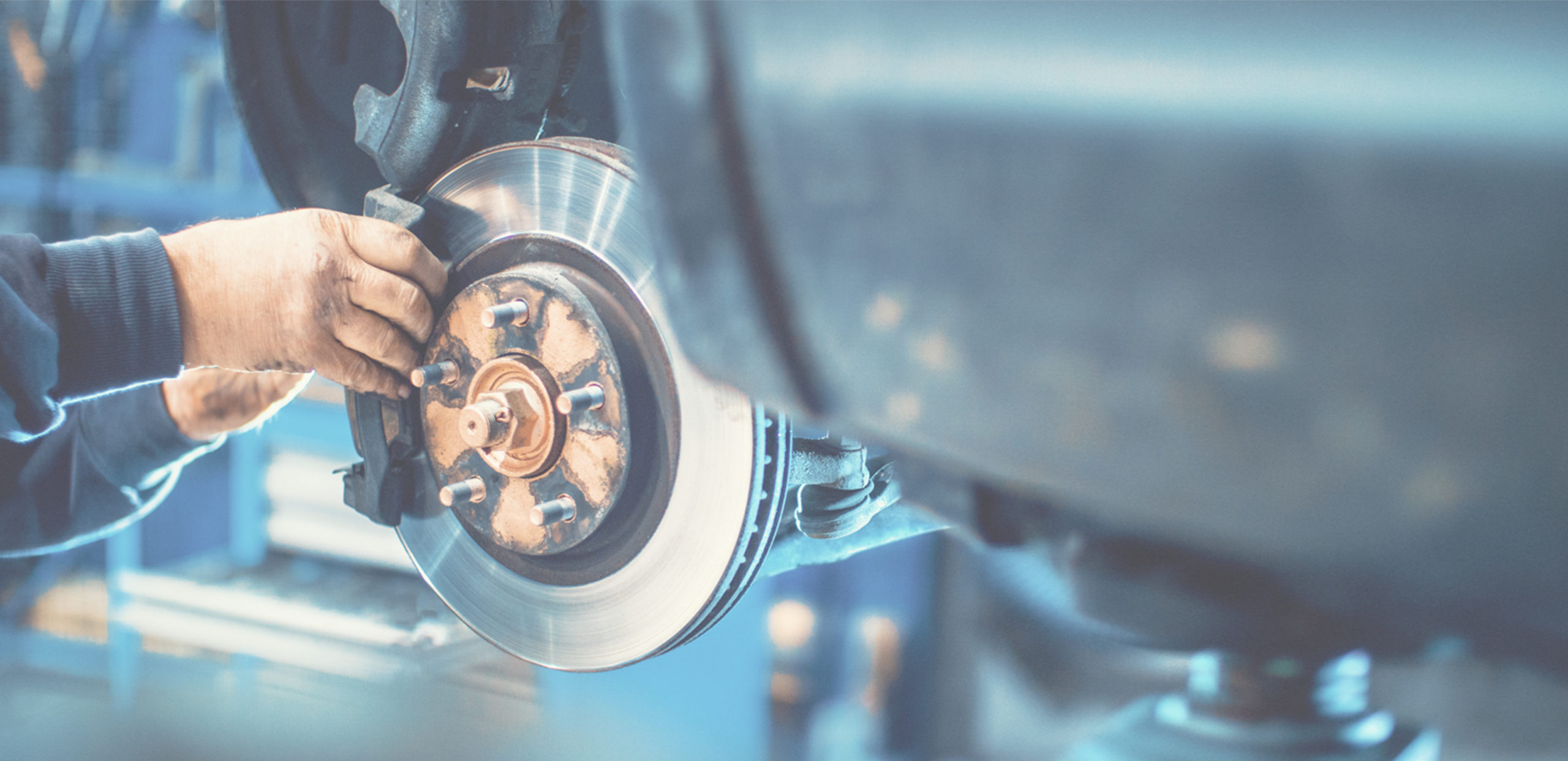A Hyundai engine lawsuit alleges that Nu, Gamma, Theta, Lambda and Kappa engines are defective and prone to excessive oil consumption.
The alleged defects in these Hyundai engines – and poor attempts to solve those problems – may result in premature wear and tear, oil residue or sludge, engine stalling, oil leaks within and outside the vehicle, and, ultimately, engine failure. The lawsuit alleges that oil levels must be checked more frequently than normal, and oil must be replaced far more frequently than the owner’s manual recommends.
The allegedly defective engines were installed in the following vehicles:
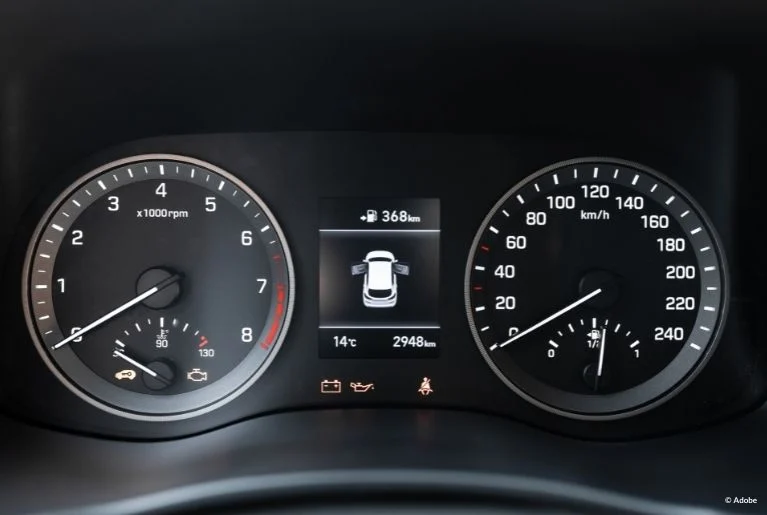
- 2022 Kia K5
- 2020–2021 Hyundai Palisade
- 2020–2021 Hyundai Venue
- 2019–2021 Hyundai Kona
- 2018–2021 Kia Stinger
- 2017–2020 Kia Niro
- 2012–2021 Kia Soul
- 2012–2020 Hyundai Elantra
- 2012–2021 Kia Rio
- 2011–2021 Hyundai Sonata Hybrid
- 2011–2020 Kia Sorento
- 2011–2020 Kia Sportage
- 2011–2020 Kia Optima and Optima Hybrid
- 2011–2021 Hyundai Veloster
- 2010–2012 and 2015–2021 Hyundai Santa Fe
- 2010–2013 and 2015–2021 Hyundai Tucson
- 2010–2021 Kia Forte
- 2009–2018 Hyundai Genesis Coupe
- 2009–2010 and 2015–2021 Hyundai Sonata
Some may attempt to circumvent the excessive oil consumption issue by adding oil above the maximum fill line. However, adding too much oil will partially or fully submerge the crankshaft. The crankshaft will foam the oil and reduce engine lubrication. Putting too much oil will strain and damage gaskets and seals that protect the engine. As a result, oil may leak or end up in places where it doesn’t belong. The resulting oil residue will damage combustion and exhaust systems.
The resulting problems may result in the vehicle needing its engine replaced. However, Hyundai allegedly fails to provide an adequate repair for the issues related to excessive oil consumption. The lawsuit also alleges that Hyundai fails to warn consumers about oil consumption issues, even when symptoms are apparent, and denies coverage to vehicles under warranty if the vehicle owners can’t provide maintenance records. Customers are made to drive thousands of miles as part of “oil consumption tests,” wait long periods of time for replacement parts and, in most cases, “do not receive required engine replacements.” On top of that, the automaker doesn’t offer to reimburse customers for expenses related to the oil consumption defect.
Source: CarComplaints.com
Lemon Law Help by Knight Law Group is an automotive lemon law firm that exclusively practices in California, with offices in Los Angeles, San Francisco, Sacramento and Orange County. If you are a California resident who purchased or leased a defective vehicle from a licensed dealership in California, we may be able to help you get rid of your potential lemon and recover significant cash compensation. Model year restrictions apply: 2020–Present vehicle models only.
However, we cannot help those who reside outside of California or purchased their vehicle outside of California unless they are active duty members of the Armed Forces, nor will we be able to refer them to a lemon law firm in their states.
To learn more about the California Lemon Law and your legal rights, visit our guide on the California Lemon Law for more information.

